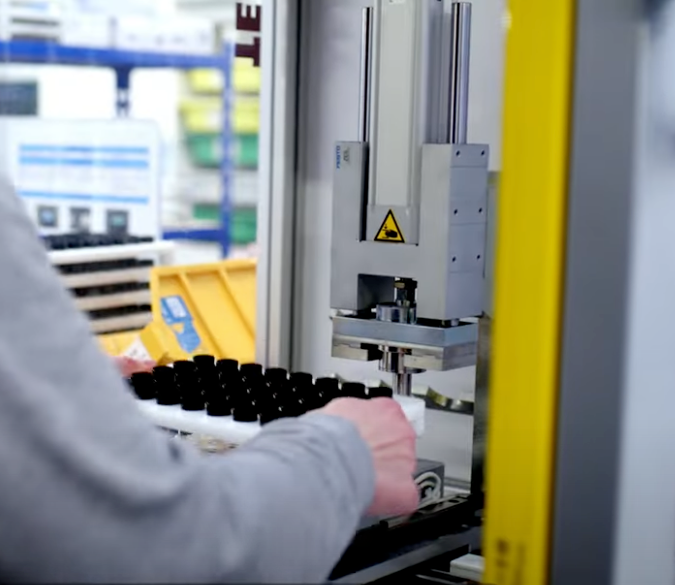What are the potential hazards of Flammable Gases (LEL)?
Flammable gases can ignite easily in the presence of a spark, flame, or heat source, leading to fires and explosions. The rapid release of energy during combustion can cause significant damage to property, equipment, and infrastructure, as well as injuries or fatalities to personnel.
Some flammable gases, such as propane and butane, can also pose health risks when inhaled in high concentrations, causing respiratory issues, dizziness, and unconsciousness.
Proper storage, handling, and transportation of flammable gases are essential to prevent leaks, spills, and accidental ignition. Adequate ventilation, fire suppression systems, and personal protective equipment (PPE) are necessary to mitigate the risks associated with flammable gases. Understanding the hazards associated with flammable gases is crucial for implementing robust safety measures, conducting risk assessments, and ensuring compliance with regulations to protect workers, facilities, and the surrounding environment from potential incidents.

Mitigate risk with DD-Scientific
Understanding the hazards associated with combustible gases is essential for implementing effective control measures to protect both human health and the environment.
Mitigation of the risks associated with flammable gases relies upon fast, precise and reliable detection, features DDS sensors are guaranteed to deliver.
If you can't find the sensor type you are looking for or need help with sensor selection dont hesitate to get in touch.



